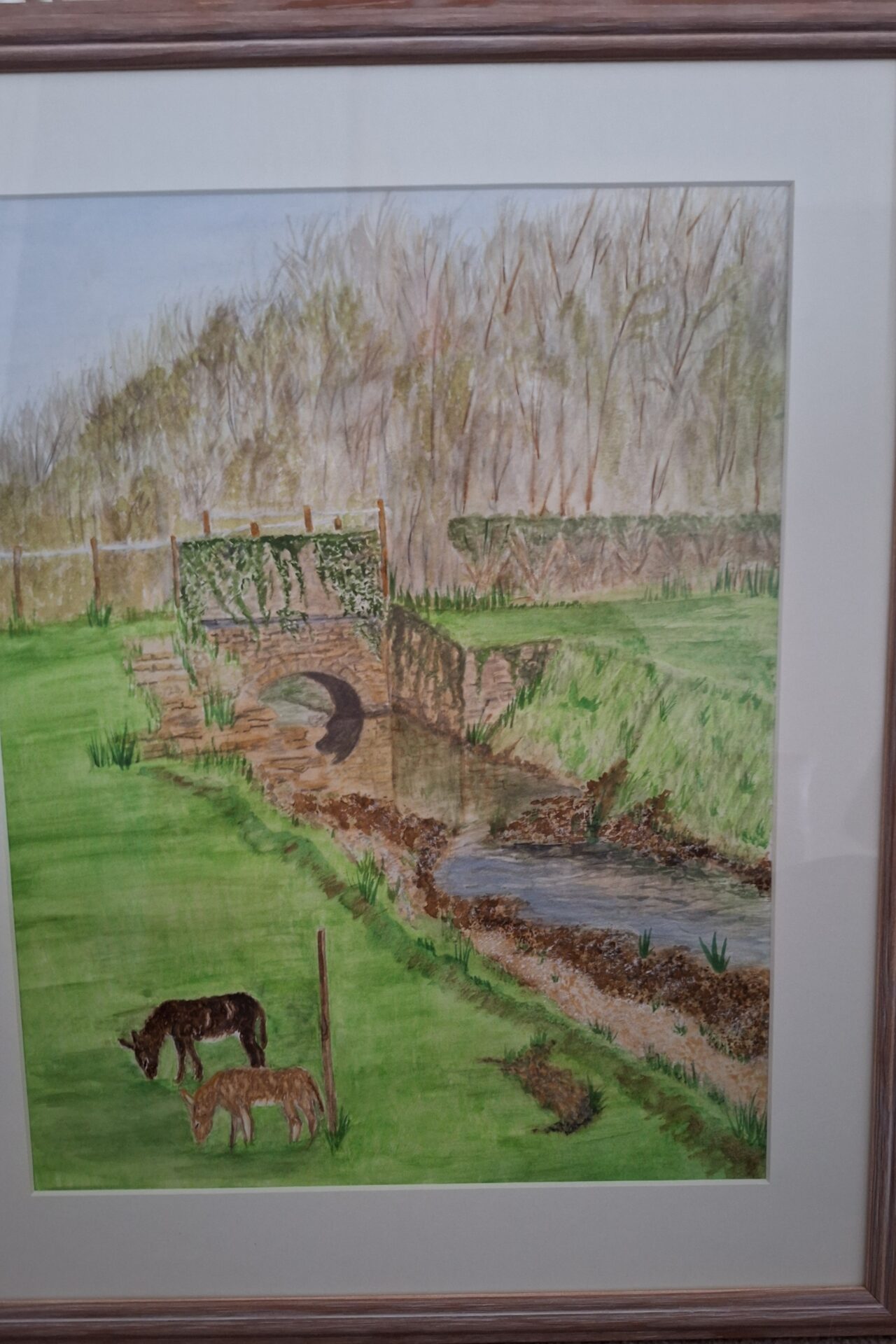Decide now and keep deciding, keep turning from fear to love.
We had our Ash Wednesday service this week. I grew up Roman Catholic. In the past, as the priest marked an ash cross on our foreheads, he would say ‘remember that you are dust and unto dust you shall return.’ As the years have passed other words have been said by the priest, or whoever was doing the ‘ashing’. ‘Turn from fear and live in the light’ is one of my favourites.
This week, as we marked each other, we said to each other ‘repent and believe the Gospel’.
It is interesting to look at the origins of this phrase. Repent is a translation of the Greek word μετάνοια (metánoia). Perhaps a better translation of this word would be ‘change your mind’. Gospel is a variation on the Greek εὐαγγέλιον (evangelion) which means ‘good news’. Believe is taken from the Greek πιστεύω (pisteuó) and could also mean ‘entrust’.
Another translation of the phrase ‘repent and believe the Gospel’ could be ‘change your mind, entrust yourself to the Good News.’ In this there is decision and the effect of decision. Decide to give yourself and your mind will be changed, it will be transformed.
What is this Good News? It is what Jesus preached by word and example. Jesus preached a way of life that had as its centre an openness and responsiveness to the divine life which he said was ‘within, among us’ (Luke17:21). The Greek ἐντός (entos) in this verse can be translated as both ‘within’ and ‘among’.
This God was experienced intimately by Jesus. He called this God Ab (Aramaic). Ab is changed in the Gospels into the Greek αββα, or ‘Father’. Jesus lived an openness and responsiveness to his Ab that expressed itself as deep compassion or σπλαγχνίζομαι (splagchnizomai). Splagchnizomai means something like ‘to be deeply moved in one’s inner parts’*.
So the message, this Good News, is that God is with us and in us, loving us and inviting us to live lives of compassion. To change your mind and entrust yourself to this Good News was, in short, to allow both our internal and external lives to be changed by and for compassion.
Later, after Jesus’ death, those who had entrusted themselves to this Good News that Jesus preached also experienced Jesus as alive in and with his Father God. They experienced, powerfully, that Jesus was both the messenger of this Good News and the embodiment of this message. It followed, then, that to entrust oneself to the Good News also meant to give your life to Jesus, the Christ who shared in the life of God within and among them.
This giving was an act of trust with belief at its heart. In this act, this decision, lived out daily, the believer of Christ in God was changed, transformed, for a life of compassion. As they allowed divinity to change them, they became Christ-like – ‘Christians’, or ‘little Christs’.
Soon they could say with conviction
My dear friends, let us love one another, since love is from God and everyone who loves is a child of God and knows God. Whoever fails to love does not know God, because God is love. This is the revelation of God’s love for us, that God sent his only Son into the world that we might have life through him. (1John4:7-9).
The message of Lent today is the message of this Jesus, alive today in us and God: decide and act to let love change you and you will be changed. Your inner and outer life will grow in love. You will become love and live compassion. This becoming is possible because God is love and this love became human so that we might grow into love. This becoming, this slow turning into love, is the gift of God for us as we entrust in Christ.
The message of Lent and Jesus is also a message of urgency: time is short, you are going to die (you are dust). Decide now and keep deciding, keep turning from fear to love. Believe, entrust in love’s divine power to change you. Do this and life will be full of meaning and full of divine life in the now and to come.
Meditation, as contemplative prayer, is all about the daily inner decision to entrust and have our minds, our psyche, change. We turn away from fear and move into love.
Each Lent I am reminded of John Hiatt’s song ‘Slow Turning’. For me it is a song that says ‘change your mind, entrust yourself to love’. In the song Hiatt sings
Time is short and here’s the damn thing about itYou’re gonna die, gonna die for sureAnd you can learn to live with love or without itBut there ain’t no cure
There’s just a slow turning from the inside out…
A Lenten challenge if ever I heard one.
* See, for example, Mark6:34, Matt20:34, Lk7:13. It is unfortunate that σπλαγχνίζομαι in these verses has been translated as the somewhat tamer ‘to have pity’, or to ‘feel sorry for’.







